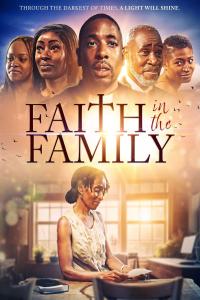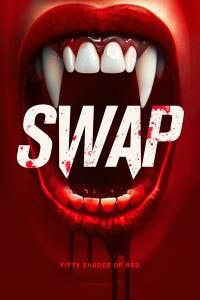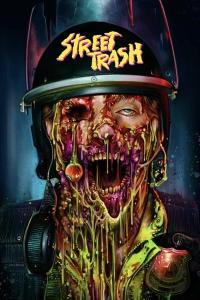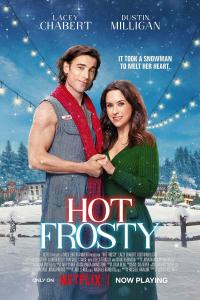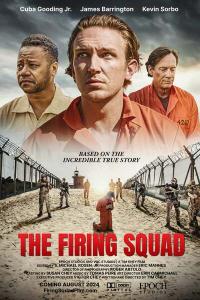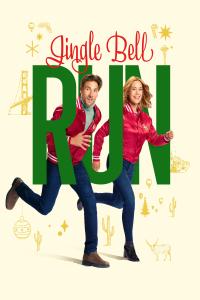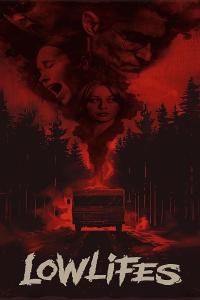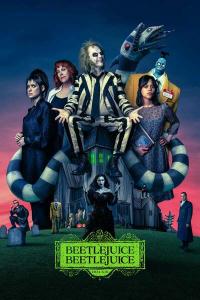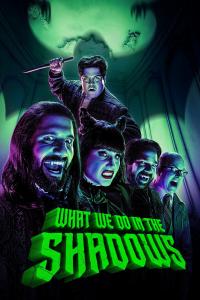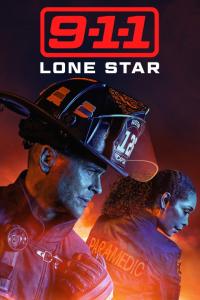Torrent details for "Alan Lomax - Texas Folk Songs (sq@TGx)" Log in to bookmark
Controls:
Language:
 English
EnglishTotal Size:
109.01 MB
Info Hash:
17b218ff27ea5b6e812451055c648d4a0cd63262
Added By:
Added:
21-04-2020 13:48 (edited 21-04-2020 13:48) by square
Views:
606
Health:

Seeds:
1
Leechers:
0
Completed:
46
https://torrentgalaxy.to/torrents.php?search=sq%40tgx&lang=0&nox=2[/center]
Alan Lomax January 31, 1915 – July 19, 2002 was an American ethnomusicologist, best known for his numerous field recordings of folk music of the 20th century. He was also a musician himself, as well as a folklorist, archivist, writer, scholar, political activist, oral historian, and film-maker. Lomax produced recordings, concerts, and radio shows in the US and in England, which played an important role in preserving folk music traditions in both countries, and helped start both the American and British folk revivals of the 1940s, 1950s and early 1960s. He collected material first with his father, folklorist and collector John A. Lomax, and later alone and with others, Lomax recorded thousands of songs and interviews for the Archive of American Folk Song, of which he was the director, at the Library of Congress on aluminum and acetate discs.
Lomax was born in Austin, Texas, in 1915,the third of four children born to Bess Brown and pioneering folklorist and author John A. Lomax.
The elder Lomax, a former professor of English at Texas A&M and a celebrated authority on Texas folklore and cowboy songs, had worked as an administrator, and later Secretary of the Alumni Society, of the University of Texas.
Due to childhood asthma, chronic ear infections, and generally frail health, Lomax had mostly been home schooled in elementary school. In Dallas, he entered the Terrill School for Boys (a tiny prep school that later became St. Mark's School of Texas). Lomax excelled at Terrill and then transferred to the Choate School (now Choate Rosemary Hall) in Connecticut for a year, graduating eighth in his class at age 15 in 1930.
Owing to his mother's declining health, however, rather than going to Harvard as his father had wished, Lomax matriculated at the University of Texas at Austin. A roommate, future anthropologist Walter Goldschmidt, recalled Lomax as "frighteningly smart, probably classifiable as a genius", though Goldschmidt remembers Lomax exploding one night while studying: "Damn it! The hardest thing I've had to learn is that I'm not a genius." At the University of Texas Lomax read Nietzsche and developed an interest in philosophy. He joined and wrote a few columns for the school paper, The Daily Texan but resigned when it refused to publish an editorial he had written on birth control.
At this time he also he began collecting "race" records and taking his dates to black-owned night clubs, at the risk of expulsion. During the spring term his mother died, and his youngest sister Bess, age 10, was sent to live with an aunt. Although the Great Depression was rapidly causing his family's resources to plummet, Harvard came up with enough financial aid for the 16-year-old Lomax to spend his second year there. He enrolled in philosophy and physics and also pursued a long-distance informal reading course in Plato and the Pre-Socratics with University of Texas professor Albert P. Brogan. He also became involved in radical politics and came down with pneumonia. His grades suffered, diminishing his financial aid prospects.
Lomax, now 17, therefore took a break from studying to join his father's folk song collecting field trips for the Library of Congress, co-authoring American Ballads and Folk Songs (1934) and Negro Folk Songs as Sung by Lead Belly (1936). His first field collecting without his father was done with Zora Neale Hurston and Mary Elizabeth Barnicle in the summer of 1935. He returned to the University of Texas that fall and was awarded a BA in Philosophy, summa cum laude, and membership in Phi Beta Kappa in May 1936. Lack of money prevented him from immediately attending graduate school at the University of Chicago, as he desired, but he would later correspond with and pursue graduate studies with Melville J. Herskovits at Columbia University and with Ray Birdwhistell at the University of Pennsylvania.

Rambling Gambler
I'm Bound to Follow the Longhorn Cows
Lord Lovell
The Rich Old Lady
Long Summer Days
Ain't No More Cane on This Brazis
All the Pretty Little Horses
Billy Barlow
The Wild Rippling Water
Rattlesnake
Sam Bass
The Dying Cowboy
Godamighty Drag
Eadie
Black Betty
My Little John Henry








